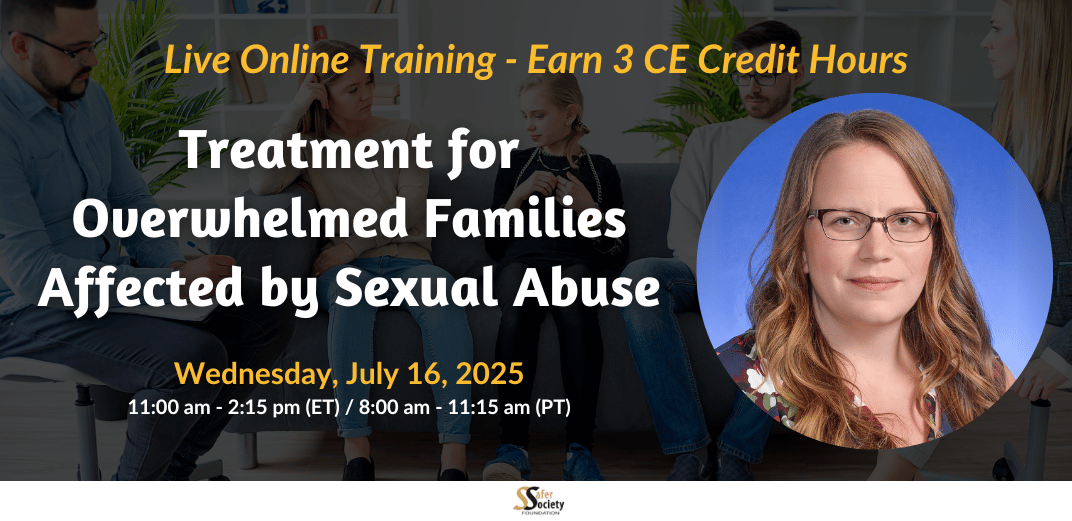
Helping Caregivers Cope with Sibling Sexual Abuse
When sexual abuse among siblings occurs, parents and other caregivers often become flooded with emotions such as anger, shame, sadness, fear, confusion, disbelief, regret, helplessness, and self-blame. These feelings make it difficult for parents to determine how best to support both of their children. While research and conferences have begun addressing the treatment of families impacted by sibling abuse, there remains a significant lack of resources specifically tailored to guiding parents as they navigate their way through these complex situations.











